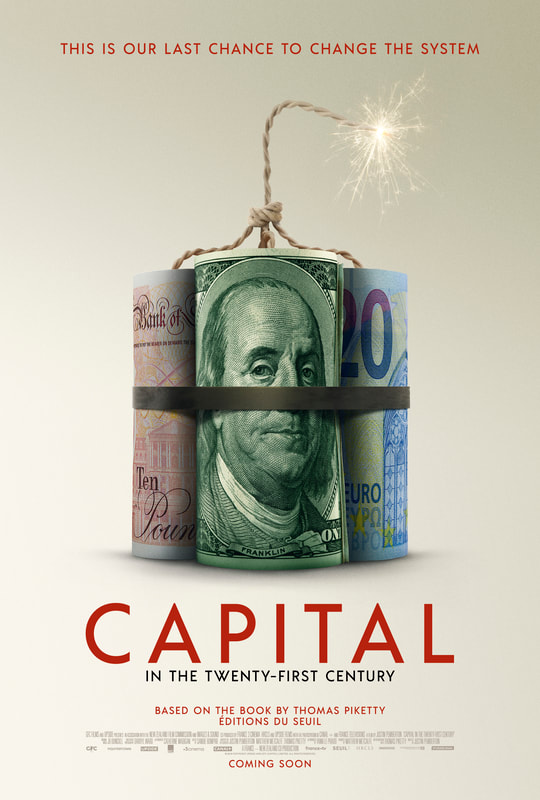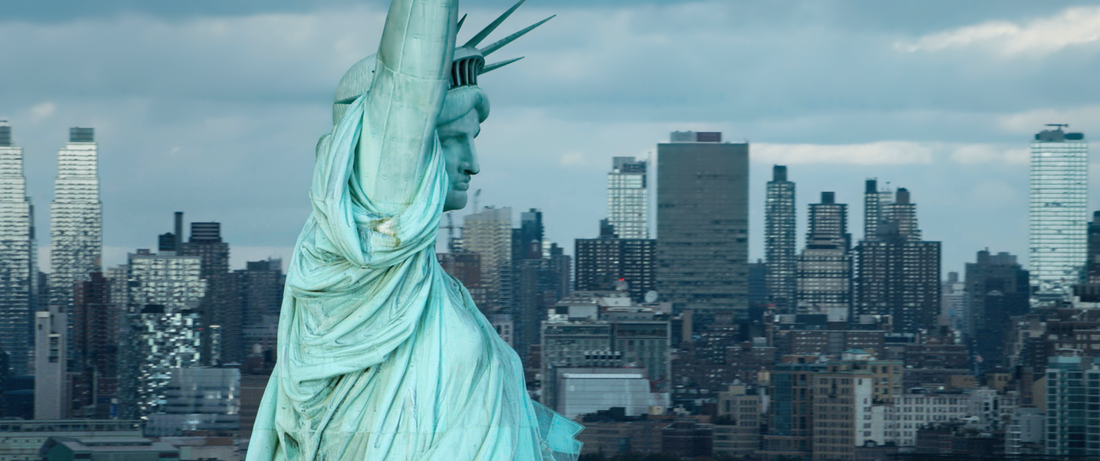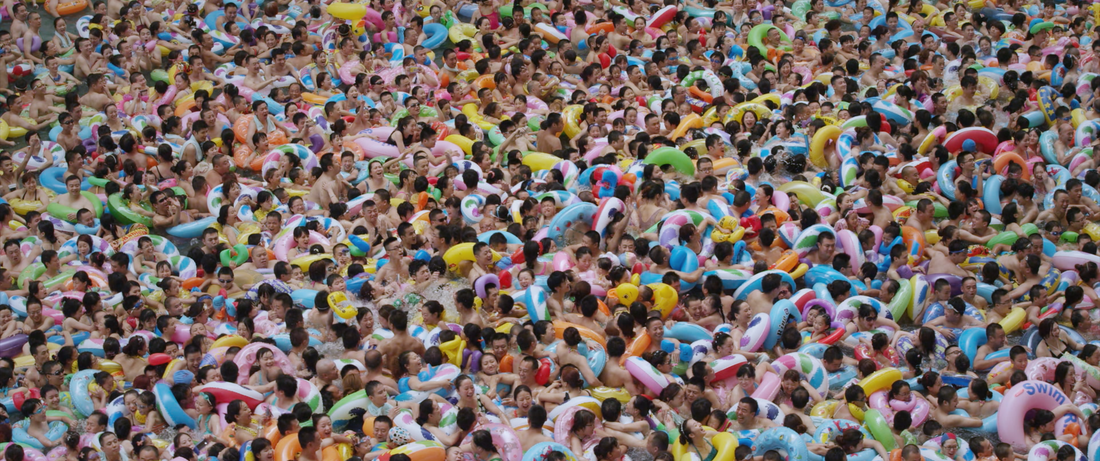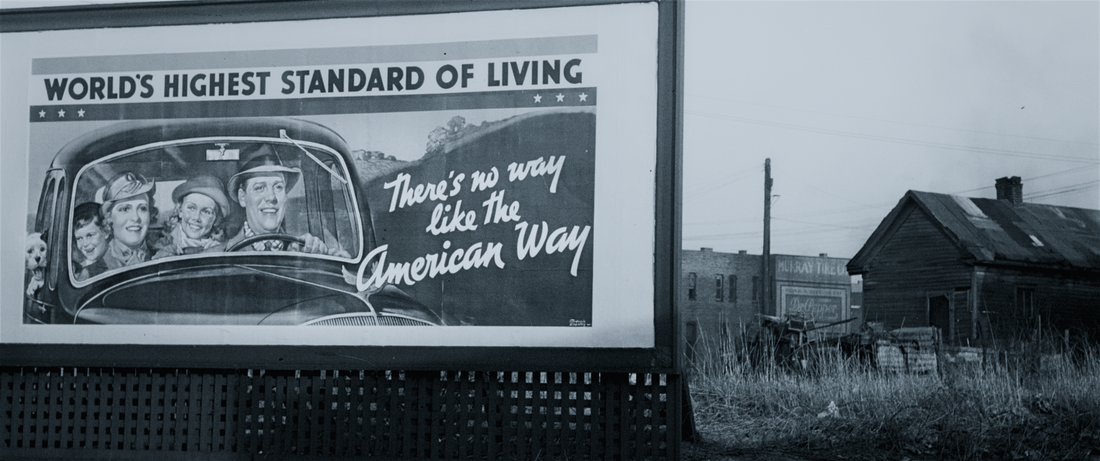|
Around the early 1990s some UK TV shows brought in ‘datablasts’ at the end credits. These were pages of information that would flash up for a fraction of a second. Way faster than you could read. You were supposed to record them on the VCR and play it back frame by frame to be able to read all the words. Unfortunately, most VCRs were not good enough to actually read the words as you’d get bars of static obscuring half of them. That is what “Capital in the 21st Century” is like to watch. A bombardment of brain-achingly dense information you can barely comprehend before being whisked to the next complicated concept. All of which will make you angry but ultimately impotent. Who amongst us has the power to change the inheritance tax system? Not me. This documentary attempts to explain the concept of capital, how it has changed over the last 100 years, how it affects societies and politics, and even our daily personal interactions. It uses straight-to-camera explanations by a range of experts to directly educate us on their particular fields. These are illustrated by clips from films and TV shows, archive footage and visual animations. This gave it the feeling of a school educational program. People tell you information that’s difficult to comprehend while the visuals attempt to make it relatable. Sometimes I would have the honour of being assigned ‘pauser’ for such programs at school. This involved sitting with my finger on the pause button on the VCR so that the teacher could stop the tape and explain something to the class. Get your pause button ready. Starting with the aristocracy we learn about the elite class and how they stay in power by using capital to create more capital, and by shaping the way the poor classes think. Moving forwards we look at colonial domination, military force, and how slavery and the industrial revolution were able to create vast levels of production. Fashion now becomes a thing, fuelling consumption and spending in order to uphold this production. But the lower classes learn to unionise and rise up against the ruling classes so now the elite try to focus the poor people’s attention on ‘others’. This takes us into WWI which bankrupts many governments, creating more of a divide between rich and poor. Women’s rights are brought in here for a moment before moving into the boom of the 1920s and widely available credit. A global trade war brings about the great depression, banks fail, consumption dries up. Extreme poverty in Europe allows the rise of fascism leading to WWII. Rising taxes to pay for war production brings about the purge of the aristocracy. Baby boomers emerge, establish the middle classes, leading to 1960s social revolution and onwards towards 1970s stagflation. We’re nearly there… The 1980s brings about deregulation, tax cuts at the top which didn’t trickle down, and much discussion about the relative size of ‘the pie’. Another credit boom in the 1990s, another crash, property speculation leading to a housing crisis and inheritance tax systems enabling the rich to get richer. But look out world, the boomers’ inheritance is coming and that will only make things worse. One of the most interesting concepts was the ‘Monopoly experiment’ which involved two people playing a game which was stacked massively in favour of one player based on the toss of a coin. The results showed people becoming meaner and more self-aggrandising the more they won, even though it wasn’t earned. This experiment has implications through many areas of privilege and had the most scope for viewers to learn about human behaviour. With more emphasis here we could have understood something about ourselves that we could potentially change. Or we could have learned about different areas of privilege and how that affects ourselves and others. But despite the tag line of “THIS IS OUR LAST CHANCE TO CHANGE THE SYSTEM” the film didn’t actually provide any ways for the viewer to help make that change. How exactly can I change this system that you’ve just explained has lasted for centuries? What can I do to stop the income gap from widening? This kind of film will be very interesting to anyone who already has an understanding of economics and politics. Or someone who wants to pick up on some key concepts to do further research on. It does provide something of an overview of how many different elements work together to create the society we now live in, which is in fact stacked and unfair. But for a passing viewer it’s more of a bombardment of information. Snippets of facts without time to show the full picture or develop a deep understanding. The result is a film that will make you angry at the injustice of social, political and financial structures, but unable to do anything about it. Comments are closed.
|
AuthorHi, I'm Caz. I live in Edinburgh and I watch a lot of films. My reviews focus mainly on women in film - female directors or how women are represented on screen. Archives
December 2021
Categories
All
|







 RSS Feed
RSS Feed
